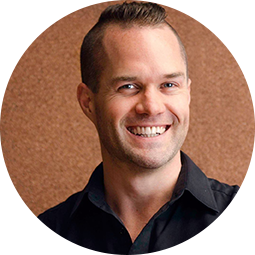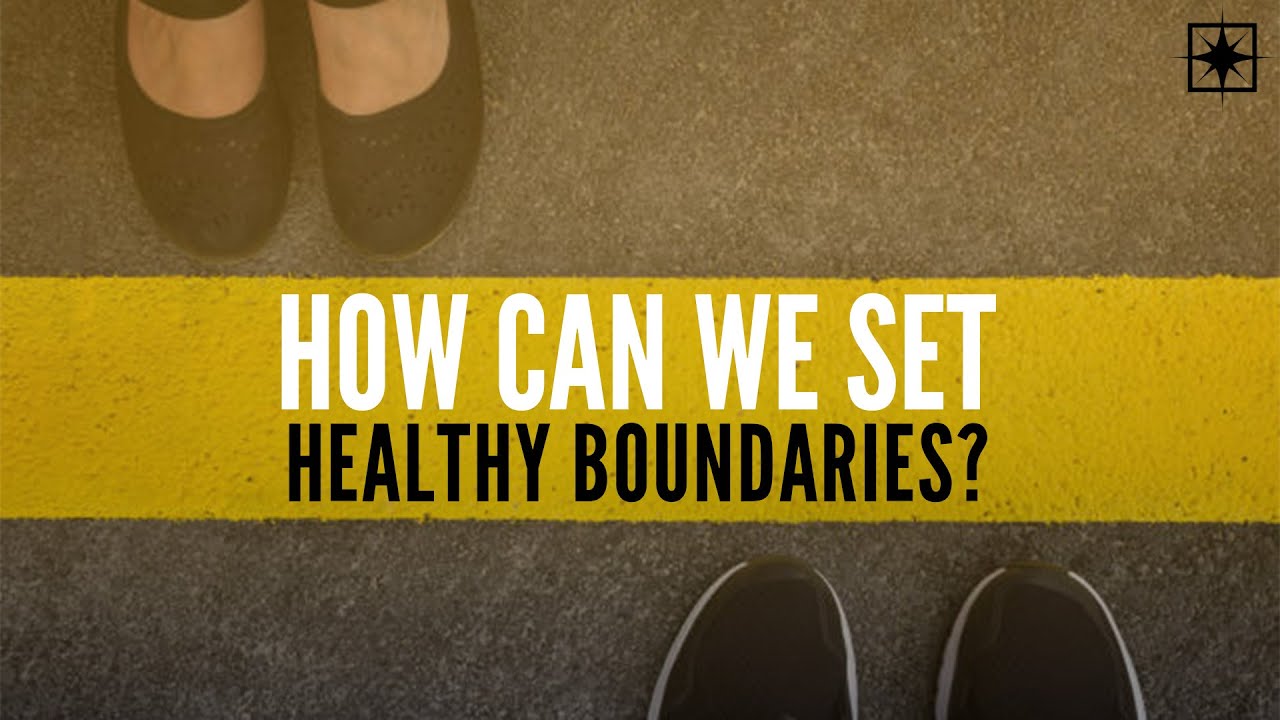One of the most common things people do when it comes to life events is catastrophise. You ever done it? It’s a cognitive distortion where a person usually sees an unfavourable outcome to an event, then decides if that outcome happens, a disaster will result.
“My dog’s sore leg is probably a torn ACL and she’ll need surgery and might never recover.” “If I don’t hand in that knowledge paper I’ll never get another shot and I’ll be a failure in life.” “The kids are fighting in the car and the whole entire holiday is ruined.”
They are creating that reality through dramatizing what is, and making it worse than it is. As a result the live in a drama reality.
The language that catastrophisers use is inappropriate and has what is called the wrong poundage. It means it doesn’t fit the actual reality so as a result, you experience not the reality you’re in but the one you are describing.
Fred is a great friend of mine and a longtime coach. He was in a shopping centre car park on Christmas Eve and a car reversed into him. Fred thought, ‘Okay, it’s annoying, I’m going to have to take care of things, I have insurance, it’s going to be fine.’
Fred’s language and reality is as it is. Is it a problem? Sure. I’m financially covered, great. I’ll sort it out. Done.’
Then the man who had reversed into Fred got out of his car and had what I’ll call an exaggerated reality. He catastrophised things with his language, and as a result of that language it’s also become his experience.
And what you language is what you have.
He said to Fred, “Christmas is ruined.”
And Fred gave the man a Christmas gift. He helped him with a new reality simply through inviting him to change his language.
First, he said, “Christmas isn’t ruined. Christmas hasn’t even started. Are you hurt? No, good. Do you have insurance? Yes? Terrific. How about we both take caer of this and we’ll be on our way and can both go and enjoy Christmas.”
The man’s emotional state went from a ten out of ten and devastated to calm and level as he saw things the way they actually were, rather than worse.








